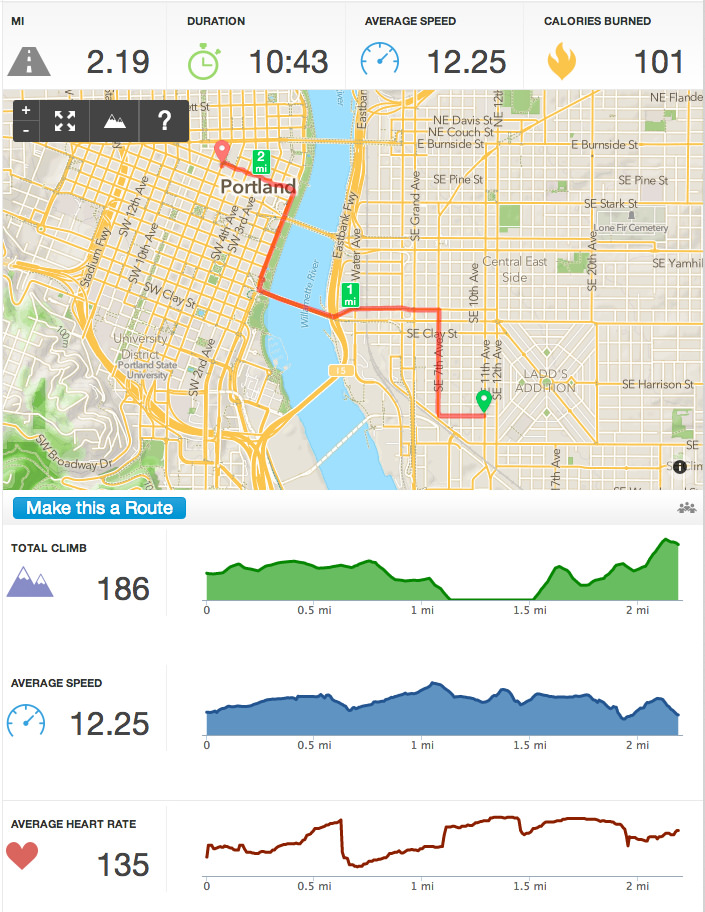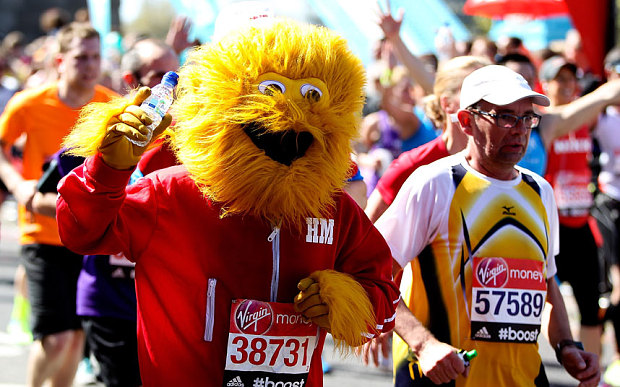While most of the world struggles to get out of bed before 10am for the weekend, this Sunday over 36,000 people are preparing to move to run 26.2 miles around London. While you may be part of team ‘stay in bed until noon’ on a Sunday, if someone you live with has been training for the London Marathon you have probably learned a bit too much about the realities of marathon running.
Here are 7 things that you have learned in the past months if a housemate or a partner has been marathon training.
1.Not all types of runs are the same.
There are hill runs, tempo runs, long runs, easy runs, fun runs. The terrain in London is generally flat and so the London Marathon doesn’t involve too many hills runs but training requires doing them all. I’m a personal fan of the fun run!

2.Running statistics are extremely important.
Per mile pace, weekly milage and personal records all need to be meticulously tracked. You will end up knowing your housemates personal best. This is a fact. Afternoon tea will not go ahead without at least one mention of their PB.

3. Sunday’s are long run days.
Often people acclimatise for the marathon by slowing progressing the distance that they run. People tend to increase their distance maxing out at 20 miles 3 weeks before race day. Starting three weeks before runs begin tapering and only run shorter distances so that they legs will be fresh for the main event. Seeing your housemate in full running gear recounting how many miles they just completed is likely a regular sight.

4. Running is not as simple as shoes and a road – there are tons of gadgets involved.
You may find yourself regularly opening the door to the Amazon delivery man with this week’s latest running gadgets. Some of the most relevant gadgets are GPS watches, energy gels, fluorescent clothing and spandex. LOTS OF spandex.

5. Chafing and blisters will happen.
Chafing and Blisters are very common symptoms of long distance running and the pain can be reduced by applying vaseline over the painful areas. Don’t be surprised if your housemate asks for a foot rub after Sunday!

6. You need to Carbo-load before race day.
Monique Ryan, RD, author of Sports Nutrition for Endurance Athletes, says those who don’t carbo-load before a race are at a serious disadvantage. When you eat a large amount of carbs, these carbs are then stored in your body as glycogen, the bodies most easily accessible form of energy. When runners begin to hit “the wall” it is when they run out of glycogen during the race. Some runners such as Benjamin Rapoport, a 2:55 marathoner, eats rice for breakfast, lunch, and dinner. Your housemate may not be quite as restrictive in their diet as he is, but still may be focused on eating only easy-to-digest foods such as bananas, oatmeal, bread, bagels and yogurt.

7. Long distance running creates its own type of high.
Whilst some housemates this week celebrated 420, those running the London Marathon come home with a different type of satisfaction. Long distance running triggers a ‘Runner’s high’, the euphoric feeling that you get after a race. It is caused by the release of endorphins, a hormone that has motivational benefits. So despite all the complaining during the long months of training, after the race your housemate will likely be feeling pretty good.

Even considering the months of household chatter of training regiments and spandex brands, your housemate will likely be so enthusiastic the week following the event that you will contemplate signing up to join the race next year. That being said, their legs are likely going to be so exhausted the week after the marathon even small tasks like walking up and down the stairs will be tiring for them. For at least the first few days, try your best to help them with carrying the groceries or taking out the recycling.

[banner id=”1375″]